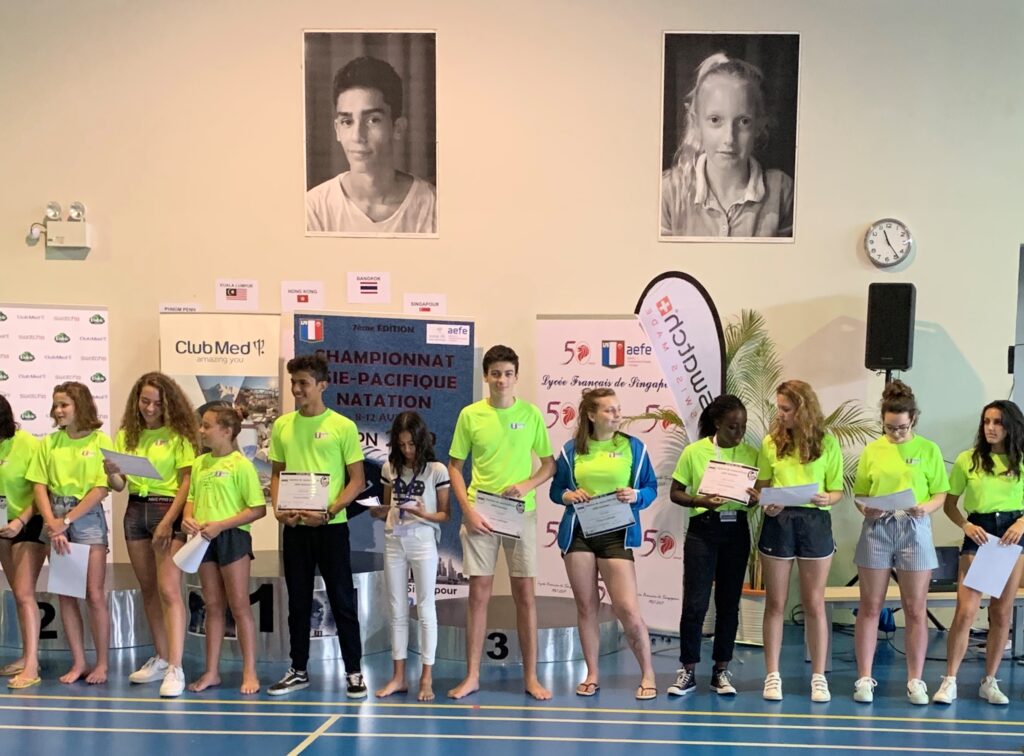Physical, sports and artistic activities as a teaching medium
At kindergarten level, self-expression and physical activities fall within the “Act and express yourself with your body” learning area.
Physical education (PE) responds to children’s need and desire to be active, while also helping them develop an understanding of hard work and perseverance. Students learn to better understand themselves and others and about health and safety through taking controlled risks. By helping them gain moral and social values such as respect for rules, themselves and others, PE teaches students responsibility and independence.
PE is introduced as a subject area in primary and continues through to the end of Terminale.
Just as with other disciplines, PE aims to develop certain skills and competencies. And grades achieved in PE count towards students’ overall grades.
Students work on and develop these skills and competencies through physical, sporting and artistic activities detailed in the curricula developed by the French Ministry of Education and followed in the French stream. Students in the international stream also benefit from this structured and diverse programme.
We have developed a three-year physical education plan which sets out goals, sports and artistic activities and assessments for each year group, as well as how the PE team is organised.
Activities are grouped into five areas and scheduled so that students experience being active in many different forms. Students learn to:
- deliver an optimal, measurable performance by a given deadline: athletic activities and swimming
- tailor their movements to different environments: orienteering, lifesaving, rock climbing and camping in the great outdoors
- express themselves in front of others through artistic or acrobatic performance: gymnastics, acrobatics and dance
- compete and lead in contests, either as a team or individually: team sports, racket sports (tennis, badminton and table tennis) and combat sports (wrestling and fencing)
- undertake physical exercise to develop their skills and keep fit and healthy: fitness and weight training, at upper secondary level only



























